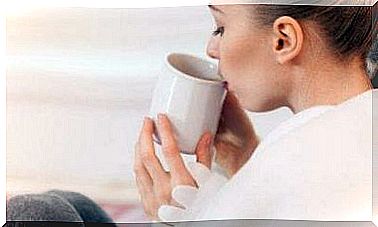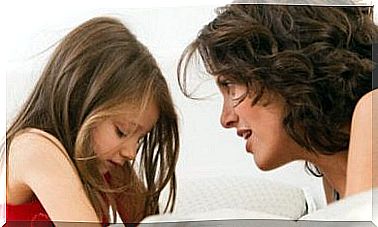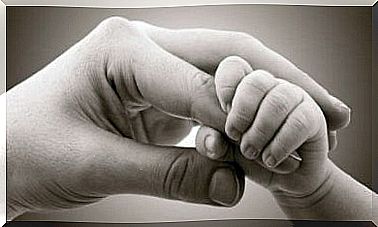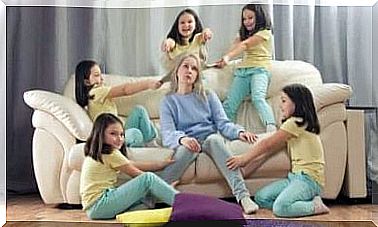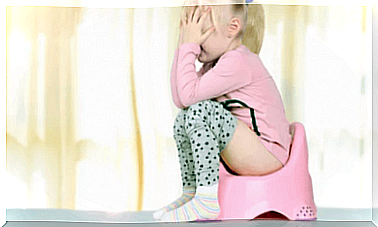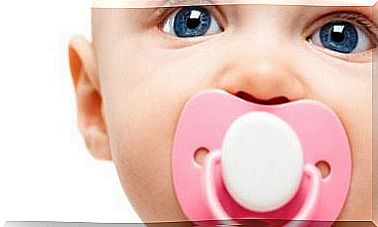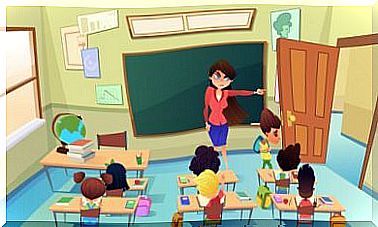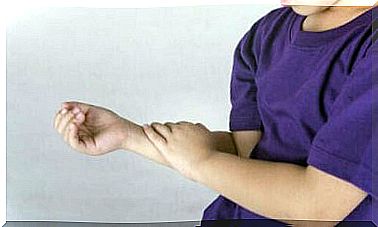A Guide To Sleep Hygiene For Children – Parenthood
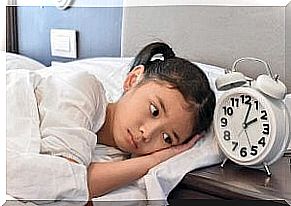
Did you know that insomnia has harmful effects if not treated in time? It is important that children have good sleep habits. Sleep is an organism’s need that helps restore basic physical and psychological functions.
By following the guide to sleep hygiene for children, you can give them a good night’s sleep. This will have a great impact on their state of health.
The sleep hygiene guide for children: 5 fundamental recommendations
To promote restful sleep in your child, it is important that you follow this series of tips:
Perform a series of sleep-related routines
It is essential to create in children the habit of sleeping at the same time every day. To do this, you need to establish routine activities, such as taking a bath, having dinner at least two hours before going to bed, establishing a reasonable and fixed schedule for watching TV or reading a book.
The quality of sleep largely depends on an established routine and what time they get up in the morning. You should allow the child to sleep as long as he needs it.
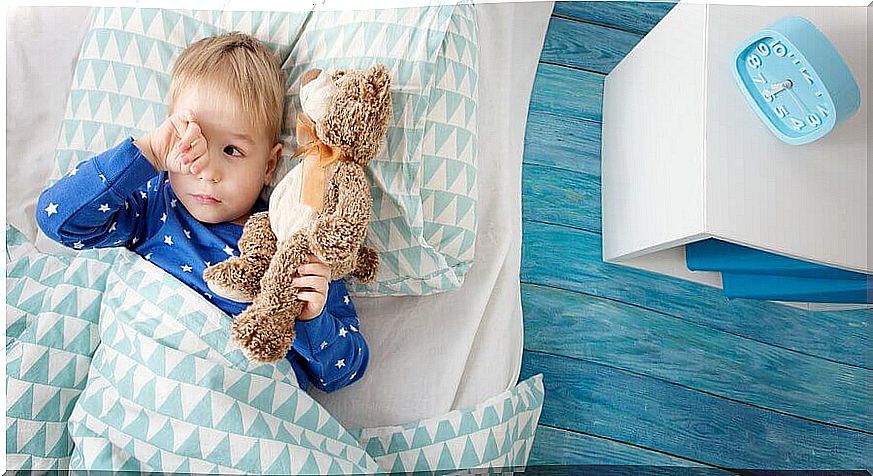
The place where the child sleeps
Your son or daughter’s room should be conditioned for sleeping. This assumes an adequate temperature, that the room is comfortable and that it is well lit during the day but that it remains dark at night.
If the child is afraid, you can leave a light that shines dimly. Also, be careful not to point it directly at his face.
Your child should associate their bedroom with sleeping at night. Another detail to keep in mind is that he should always sleep in the same bed and with comfortable pajamas.
Avoid distractions and excessive noise
Video games, television or music should not be accessible to the child at bedtime. It’s a temptation to play and get distracted from sleep.
In addition, it is very important to control the noise in the room so that his sleep is not interrupted and he does not have difficulty falling back to sleep quickly.
Have autonomy at bedtime
Although children need to be close to their parents to feel safe, they need to be taught to sleep alone in their bedroom. The suggestion is to accompany him on certain occasions when he falls asleep. However, this shouldn’t be a habit and on other nights just let him fall asleep on his own.
Limit physical activity at night
Another fundamental aspect that can be found in the children’s sleep hygiene guide is that the little one does not perform physical activity right before going to bed. At least two hours before going to bed.
It is also essential to give dinner two hours before sleeping and not to eat foods high in sugar. In addition, it is useful to eliminate carbohydrates in the evening so that the digestion is not too heavy.
Avoid giving him stimulating drinks such as tea, caffeinated sodas, or chocolate. Feed him a good diet rich in fruits and vegetables. All of this promotes a good night’s sleep for the child.
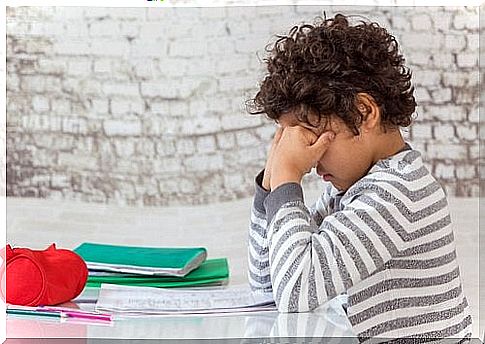
Adverse effects on children with difficulty sleeping
When children get little sleep at night, the consequences are obviously disastrous for their bodies. Sudden changes in mood, reluctance to participate in physical activity, and decreased ability to pay attention and concentrate.
They are also more likely to suffer from emotional problems due to an imbalance.
Causes of insomnia in children
In most cases, psychological problems are accompanied by a deterioration in the quality and quantity of sleep, as well as diseases such as enuresis. The latter is the loss of control of the bladder sphincter.
The other factors are environmental conditions, light and dark, medications, and allergies.
Although it is not easy to establish a routine for the child, you must persist and rely on the help of the whole family.
